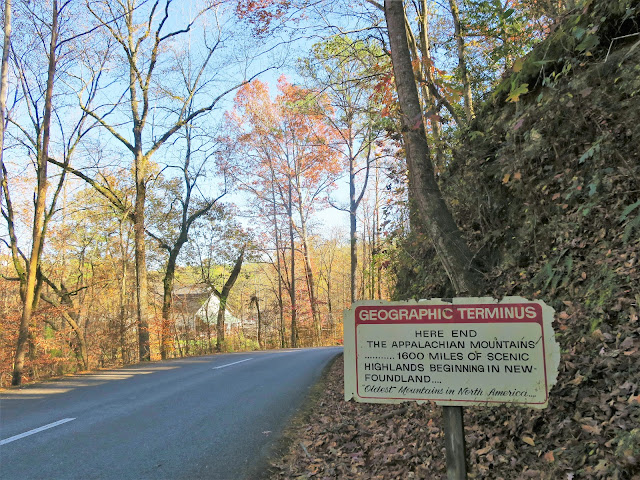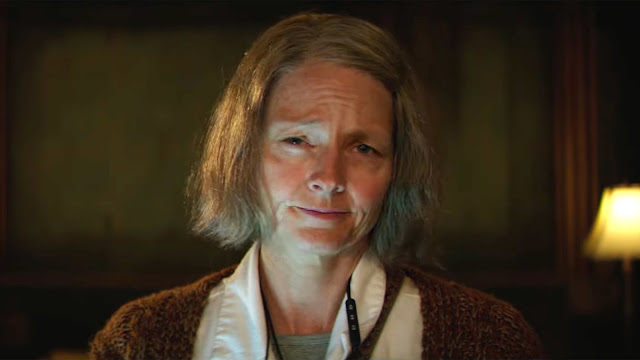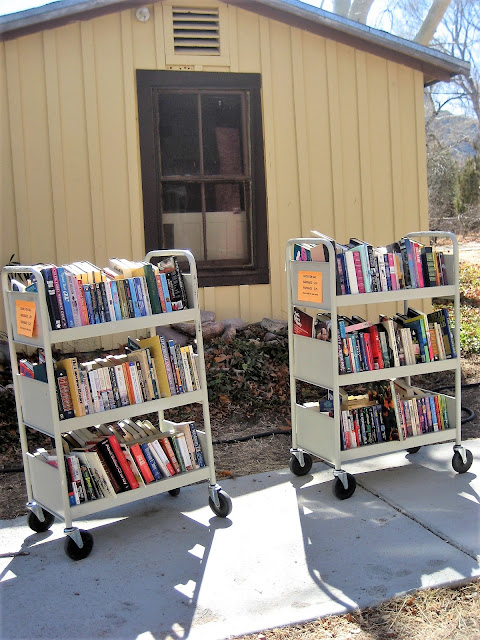.JPG) |
| Brains. Toronto, Ontario, Canada. June 2016. Credit: Mzuriana. |
When can I stop having to learn new shit?
I distinctly remember thinking this thought. It was 2016, and I was in the midst of climbing an irritatingly steep and long learning curve on some new app or program that I needed to master so I could get something I wanted. (Here is the difference between an app and a program.)
I felt very resentful.
Eventually, I moved past that petulance. I accepted that:
- If I desired a big and rich life,
- I had to keep learning new shit.
To be clear: I'm not talking about learning new shit about history, geology, literature, music, dance, culture, human and civil rights, current affairs and trends, etc. I have no issues with any of this, and in fact, it is critical to my growth as a human to seek new knowledge about our world, in addition to new and diverse perspectives on such.
No, I'm pretty much talking about new tech as it pertains to devices, processes, user interfaces (UIs), rules and policies, forms management, security/privacy management, fintech, etc.
To learn new tech, it's not uncommon to have to unlearn stuff. And the older one is, the more stuff one must unlearn. Of course, this process can be uncomfortable.
The necessity of paradigm shifts
1. My first smartphone
I bought my first smart phone (an android) in 2013 or so.
Until then, I had done just fine with my fliptop dumbphone (which is now back in fashion) because I had my laptop and internet access at home. Why did I need to be tethered to the internet when I was out and about? But eventually, I became envious of friends and family who whipped out their smart phones to look something up in the moment - or - most importantly - used their smart phones for driving instructions.
Mastering my smart phone was a frustrating pain in the ass! Negotiating its bells and whistles seemed so counterintuitive! (It still irks me that I can only go back to a previous page on my phone and not go forward.) At least once I wanted to hurl the phone against a wall. (Emotional maturity does not necessarily come with age.)
Until.
Until it hit me that I was approaching my android as a phone, expecting it to behave like a phone. But a smart phone is not a phone. It is a very small PC that happens to include a phone app.
This shift in thinking changed everything for me. Of course it was going to take me time, practice, thoughtful reflection, and problem-solving to gain control over my new device.
2. My CPAP machine
I am in the midst of learning the ins and outs of a CPAP machine.
When I picked it up at the durable medical supply place, the personable technician rolled through the ops quickly, congenially, and capably. She pointed to a stapled collection of papers in the carrying case that she said had step-by-step instructions to support her demonstration.
As she pushed and turned buttons and the dial, and flipped open latches and closed little hatches, I thought, oh yeah, I've been here before. It seems so easy-peasy now, but because she is not having me actually demonstrate my understanding while I'm there, it's very likely I'm going to forget a lot of what she's saying. ...... But I was silent, thinking of that step-by-step guide I could refer to when I got home. (Spoiler alert: That step-by-step guide pertained to something else, not the machine operation. )
A second reason to have a new user run through the steps herself (to get that memory reinforcement through the physicality of it), while under the technician's eye, is to ascertain the patient understands the instructions AND has the motor dexterity to, for example: push the humidifier drawer latch in, pull the drawer out, flip the water well latch up, remove the well lid, reassemble the water well, and push the drawer back in.
Physical conditions such as arthritis, tremors, and the lack of finger and hand strength are all potential obstacles to operating the CPAP machine for someone who is older. Furthermore, the machine requires distilled water in the humidifier well - not all older people have the strength and motor control to lift and pour water from a gallon jug, or a large bottle, or a pitcher.
A third reason to have the patient run through the steps herself is to counterweight the natural anxiety a patient feels during the presentation (and acceptance) of managing a new:
- Device
- Routine to add to one's life, i.e. the cleaning and maintaining the machine
- Way of sleeping
And get this:
The power button does not turn the machine off. It just starts or stops the airflow. That caused me some consternation. After poring over the user manual, I saw these two items, which are lounging casually within the other collection of text on page 6:
Text: Therapy on/off button: Starts and stops the airflow for therapy.
A note from me: the icon for the "therapy button" is the universal icon for power buttons.
Text: In a separate section on the same page, there is a note: When positioning the device, make sure that the power cable is accessible because removing power is the only way to turn off the device.
The most important information in the above text comes
at the end of this nonchalant statement. Here is how the sentence
should read:
The only way to turn off the device is to detach the power cable from the machine, so make sure the power cable is accessible.
Text: But on page 9, #5 in a list of instructions titled Supplying AC Power, it says:
When turn off the device Press Therapy On/Off Button and the device will stop work. [sic]
(Quality control much?)
All this bit about the CPAP machine veers off a bit to a rant and also to
geragogy, but it comes back to this: Learning how to operate and maintain a CPAP machine is new shit. New shit that I have to learn.
Below is the paradigm shift I needed to soothe my savage breast about this CPAP learning annoyance:
Remember, MB, you've lost confidence in your usual learning skills because of this, and that is fucking with your head. But also remember that your MO in learning new technology has always been: Steady and studied:
- Look at the new app or the new device or the technical glitch
- Research it
- Run through a process of trial and error, with the confidence that you can't break it
- Get it sorted out
- Done, sometimes needing to retrace your steps if it's complex or you only need the device or the app occasionally, sometimes needing to write down the steps to remind you
Sometimes that self-teaching process was fast; sometimes it was slow. Sometimes I had to step away from the problem and then come back to it after minutes, hours, or even the next day to reboot my brain.
The process (and the confidence that I couldn't "break" the device) was what set me apart from friends who - no less intelligent or educated than I - panicked at new technology. They either Pushed All the Buttons in a frenzy, creating all sorts of mayhem (but not breakage) or they threw their hands up in frozen alarm position, and called me or any nearby 12 year-old to fix it.
Remembering this calmed me. I just had to go through the same steady steps that have served me well in the past when dealing with technical stuff. And I needed to grant myself the grace that the anxiety I feel about getting the CPAP operation right is a normal response.
Moral of this story: I'm going to have to keep learning shit.





.JPG)
.JPG)




